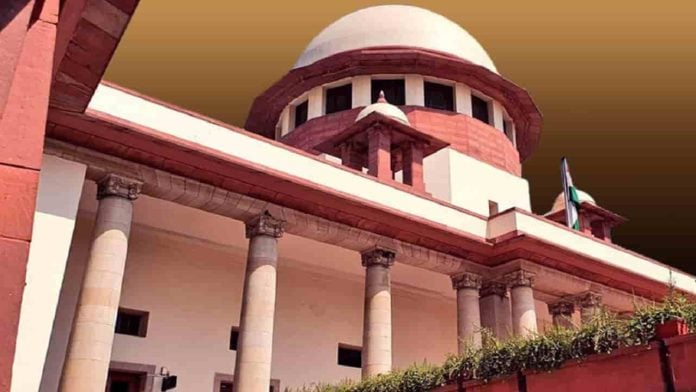The Supreme Court has directed all States and Union Territories across the country to implement the guidelines issued by the Ministry of Health and Family Welfare (MoHFW) on hysterectomy within three months.
The Bench of Chief Justice of India (CJI) D.Y. Chandrachud and Justice J.B. Pardiwala passed the orders on a writ petition filed by one Dr. Narendra Gupta in 2013, which claimed that several women living below the federal poverty line in the states of Bihar, Chhattisgarh and Rajasthan were unnecessarily compelled to undergo hysterectomies.
It alleged that due to the inadequacy of government healthcare programmes, these women had to travel long distances to seek medical attention in private hospitals, where they were coerced into agreeing to have their uteri removed, so that the hospital could rake in high insurance fees from the government under various health insurance schemes.
The petition, while alleging violation of fundamental rights under Articles 14, 15, and 21, noted that besides leading to aggravated menstrual health problems, such procedures also put these women at increased cancer risk.
It sought establishment of monitoring, inspection and accountability mechanisms in private healthcare industry, as well as an independent monitor for regulating the Rashtriya Swasthya Bima Yojana (RSBY) scheme, compensation for medical costs and violation of constitutional rights, improved rural healthcare infrastructure, along with suspension and criminal liability of involved doctors.
Representing the Health Ministry, Additional Solicitor General (ASG) Aishwarya Bhati apprised the Bench that a comprehensive set of guidelines had been framed to regulate unnecessary hysterectomies. She said the Ministry was proposing a very strong and robust mechanism of monitoring and evaluation to address the problem.
The Centre’s action plan to tackle this problem included inauguration of a grievance portal, as well as creation of national, state and district-level monitoring committees to regulate hysterectomies, especially with respect to women below the age of 40.
The Supreme Court, while taking in view the steps taken by the Union government in framing of guidelines, besides the steps taken by the state governments to identify any instances of hysterectomies without the informed consent of women, said there was no reason to keep the petition alive.
It directed the Central government to take necessary steps and engage with the states and Union Territories to ensure expeditious adoption of the guidelines.
The Apex Court further suggested formation of a national committee to review the landscape and to take necessary policy decisions once every six months under the MoFHW guidelines to tackle the problem.
(Case title: Dr Narendra Gupta vs Union of India & Ors)


